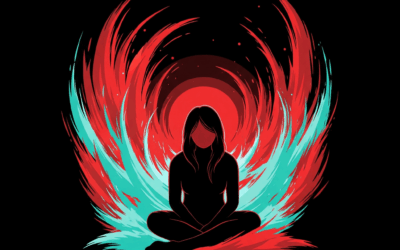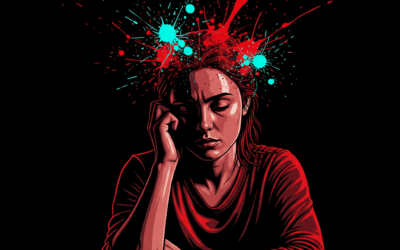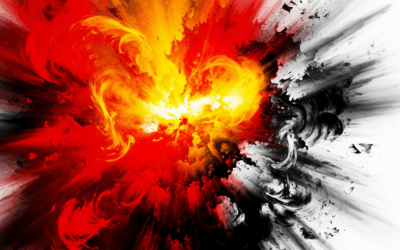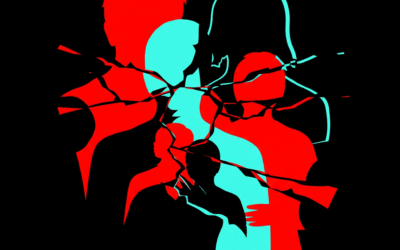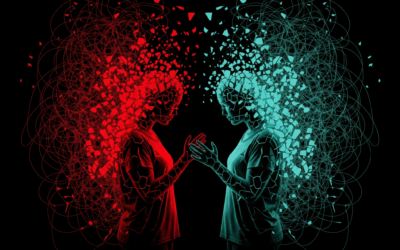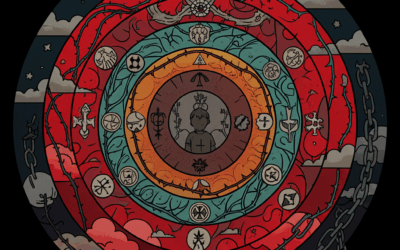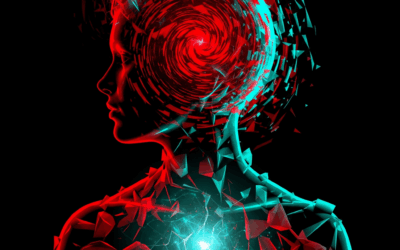Common long-term effects such as depression, anxiety, shame, dissociation, eating disorders, sexual dysfunction, and difficulty forming intimate relationships. CSA consistently disrupts core aspects of identity, trust, and safety.
Holey House
A Place For Souls With Holes
The Deep Wounds of Father-Daughter Incest
Father-daughter incest shatters the very foundation of trust, love, and safety a child needs, leaving deep wounds that ripple into adult relationships. Yet, through compassionate understanding and healing, survivors can reclaim their worth and learn to build connections grounded in respect, safety, and authentic love.
The Benevolent Abuser
Not all abuse looks like rage—sometimes it wears a smile. A benevolent abuser cloaks control in kindness, making it harder to see—and even harder to escape.
Healing from Boundary Violations Due to Incest
When the Line Was Crossed: Healing from Boundary Violations After Incest There are betrayals, and then there is incest. This is not just about crossing a line, it’s about obliterating it. It's about someone who was supposed to protect you becoming the very person who...
Why do Incest Survivors Struggle to Recognize the Profound Impact of Their Abuse
Why It’s So Hard for Incest Survivors to See the Depth of Their Wounds Most survivors of incest don’t just wake up one day and know what happened to them. For many of us, the truth isn’t clear, it’s buried, disguised, rewritten in our minds as something it never was....
Potential Triggers Leading to Emotionally Explosive Responses in Incest Survivors
For an incest survivor, certain situations, environments, or interactions can trigger emotionally explosive responses due to the deep psychological wounds left by the abuse. These triggers can evoke intense emotions such as anger, fear, shame, panic, or overwhelming...
The Connection Between Incest and Self-Destructive Behaviors
I never wanted to believe it. That the things I did in the dark, the things that left me hollow, aching, ashamed, were somehow connected to what happened to me. But the truth is… They were. I didn’t wake up one day and decide to destroy myself. That kind of pain is...
How Incestuous Child Sexual Abuse Impacts Trust and Relationships
The Fracturing of Trust: How Incestuous Abuse Distorts Our Ability to Love and Be Loved Incestuous child sexual abuse doesn’t just steal a child’s innocence, it steals their foundation. When the people meant to protect and love you become the ones who violate you, the...
Understanding the Layers of Shame and Guilt After Incestuous Sexual Abuse
There’s a particular kind of wound that comes from being abused by someone who was supposed to love you. Incest isn’t just a violation of the body, it’s a betrayal that pierces the soul. It fractures reality. It poisons innocence. And long after the physical threat is...
The Long-Term Effects of Incest on Emotional Well-Being
Incest doesn’t just happen and then leave. It lingers. It shapes you. It becomes you, until you realize you are walking through life carrying the weight of someone else’s violation. When the person who was supposed to protect you becomes the one who hurts you, the...
How Incest and Child Sexual Abuse Affect the Mind, Body, and Spirit
Incest and Child Sexual Abuse have profound effects on the Mind, Body, and Spirit.
Best Accelerated Resolution Therapy Resources
Accelerated Resolution Therapy (ART) is a fast, effective therapy that helps reprocess traumatic memories using guided eye movements and visualization, without needing to relive the trauma. It often leads to significant emotional relief in just a few sessions, making it a powerful tool for healing from PTSD, anxiety, and other trauma-related issues.

